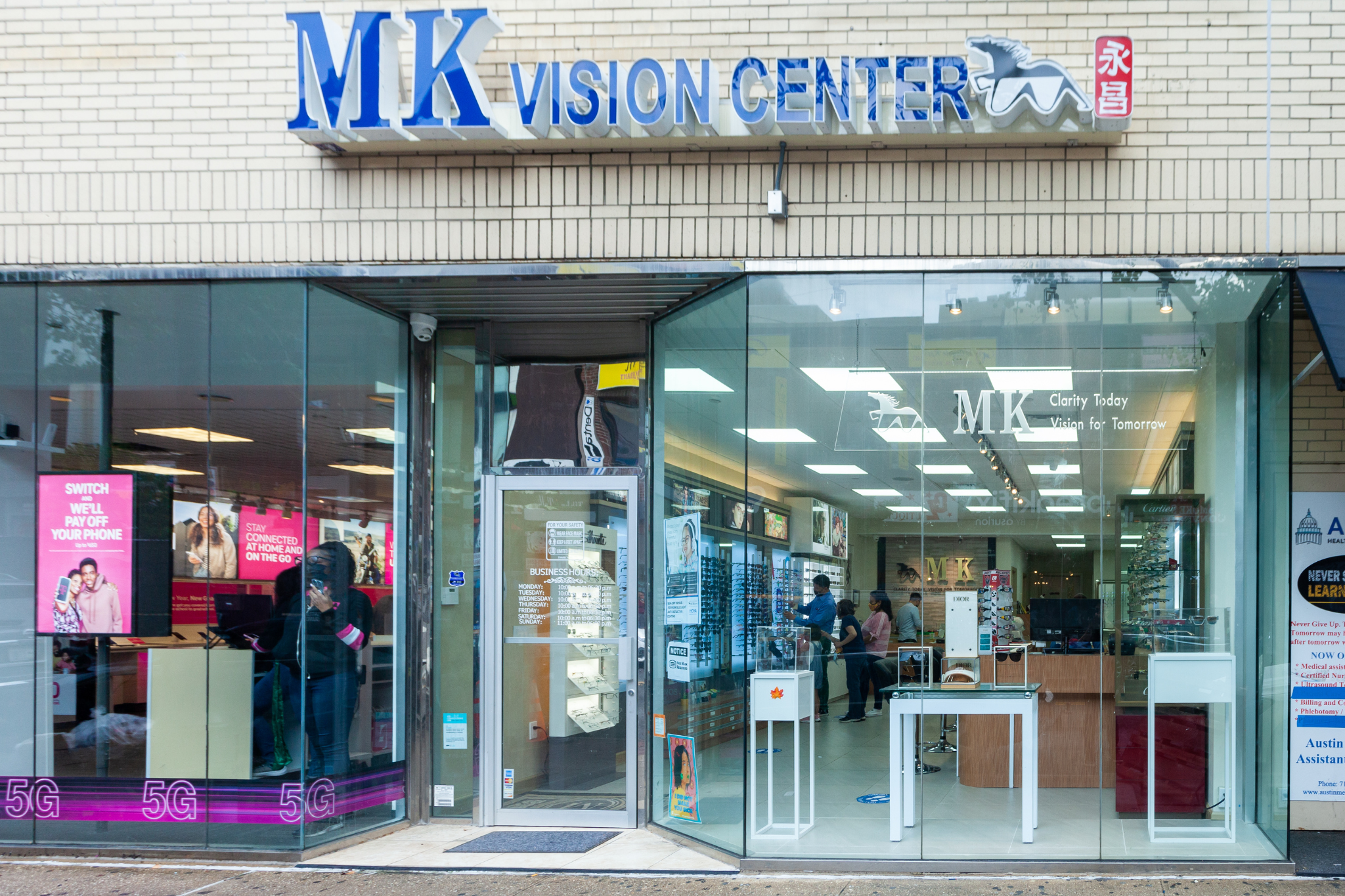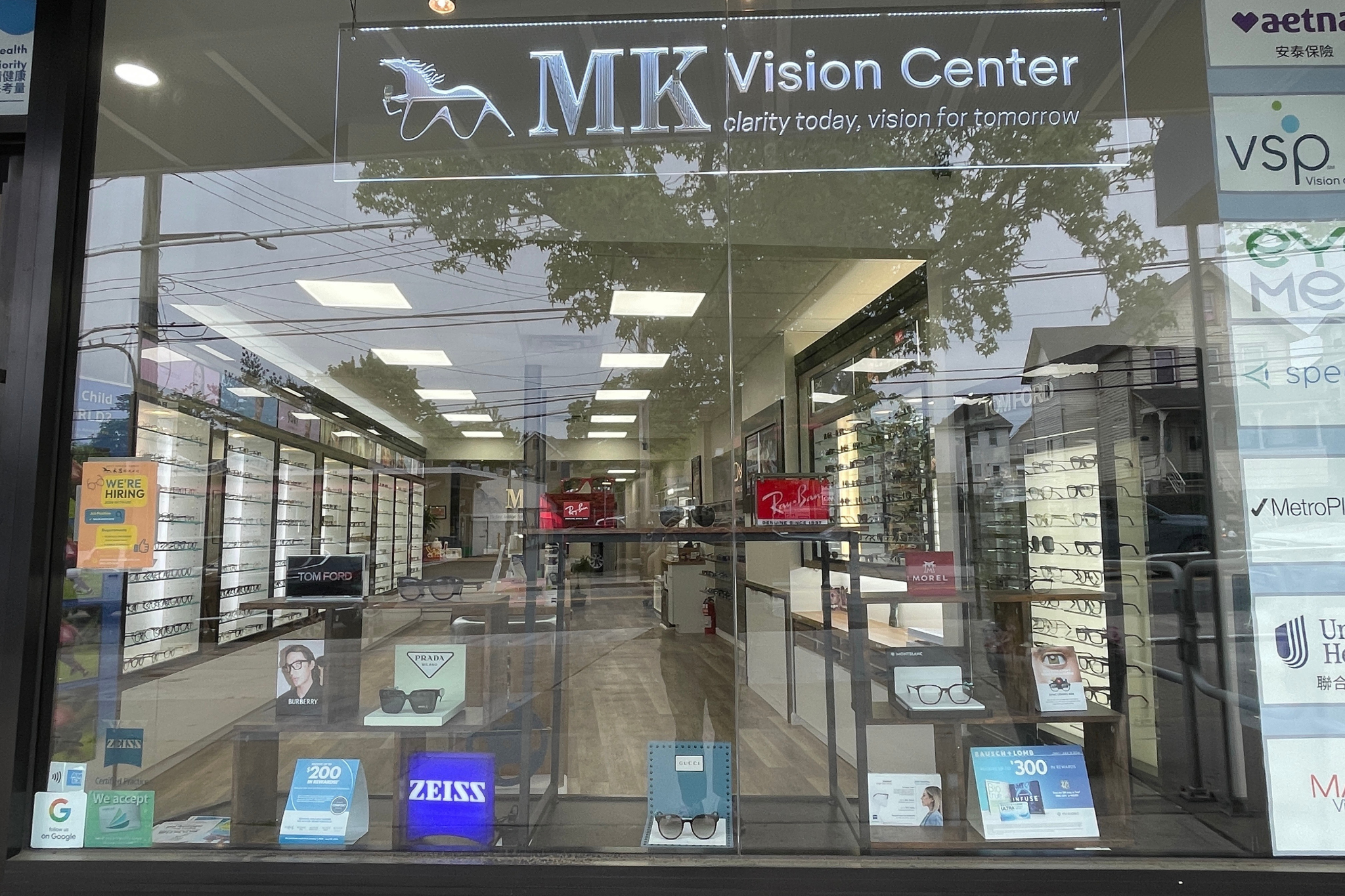Diabetic Eye Disease Awareness Month

November Is Diabetic Eye Disease Awareness Month: What Patients Need to Know
Living with diabetes means paying close attention to your health—and that includes your eyes. November is Diabetic Eye Disease Awareness Month, a time dedicated to educating patients about how diabetes can affect vision and, more importantly, how to prevent vision loss.
Diabetic eye disease often develops slowly and without early symptoms, which is why awareness and screening are so important. With the right steps, most diabetes-related eye problems can be detected early and treated effectively.
What Is Diabetic Eye Disease?
“Diabetic eye disease” is a group of eye conditions that can occur as a result of diabetes. The most common include:
1. Diabetic Retinopathy - Damage to the tiny blood vessels in the retina. It is the leading cause of vision loss in adults with diabetes.
2. Diabetic Macular Edema (DME) - Swelling in the central part of the retina (the macula), which can cause blurry or distorted vision.
3. Early-Onset Cataracts - People with diabetes are more likely to develop cataracts at a younger age.
4. Glaucoma - Diabetes increases the risk of glaucoma, a condition that damages the optic nerve.
Why Early Detection Matters
One of the biggest challenges with diabetic eye disease is that it can progress silently. You may not notice any changes in your vision until the condition is advanced.
The encouraging news?
Up to 90% of diabetes-related vision loss can be prevented with early detection and proper treatment.
Signs and Symptoms to Watch For
While early stages may have no symptoms, you should contact an eye care provider if you notice:
-
Blurry or fluctuating vision
-
Dark spots or “floaters”
-
Blank or distorted areas in your vision
-
Difficulty seeing at night
-
Colors appearing faded
Never ignore changes in your sight—quick action can make a big difference.
Your Best Protection: A Yearly Dilated Eye Exam
An annual dilated eye exam is the most effective way to detect diabetic eye disease early. During this exam, your eye doctor can spot changes long before symptoms appear.
If you're overdue for your exam, November is the perfect time to schedule it.
Daily Habits That Support Eye Health
Managing diabetes is the foundation of protecting your vision. Here are key steps:
-
Keep blood sugar within your target range.
-
Manage blood pressure and cholesterol.
-
Take medications as directed.
-
Stay active and follow a healthy eating plan.
-
Avoid smoking.
These habits benefit your eyes, your overall health, and your long-term quality of life.
Take Charge of Your Eye Health This Month
Diabetic Eye Disease Awareness Month is a reminder that caring for your vision is an important part of managing diabetes. Whether it's scheduling your annual eye exam, learning more about symptoms, or taking steps to improve your daily health habits—every action counts.
Your eyes are worth protecting. Make November the month you prioritize them.


















Leave a comment